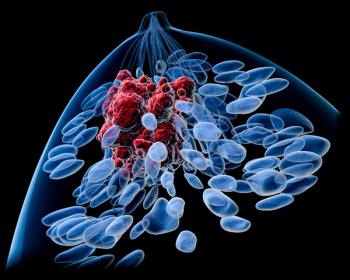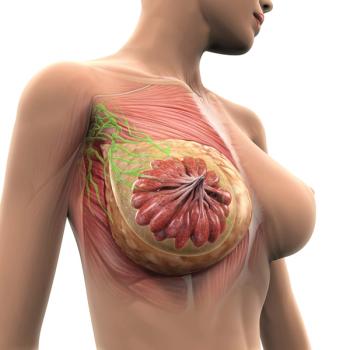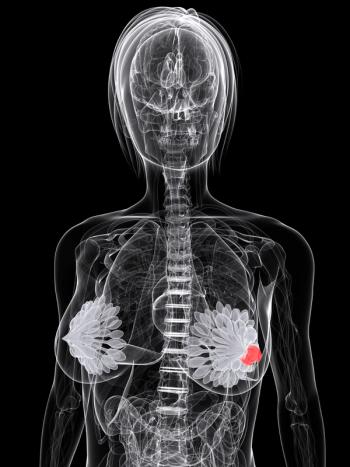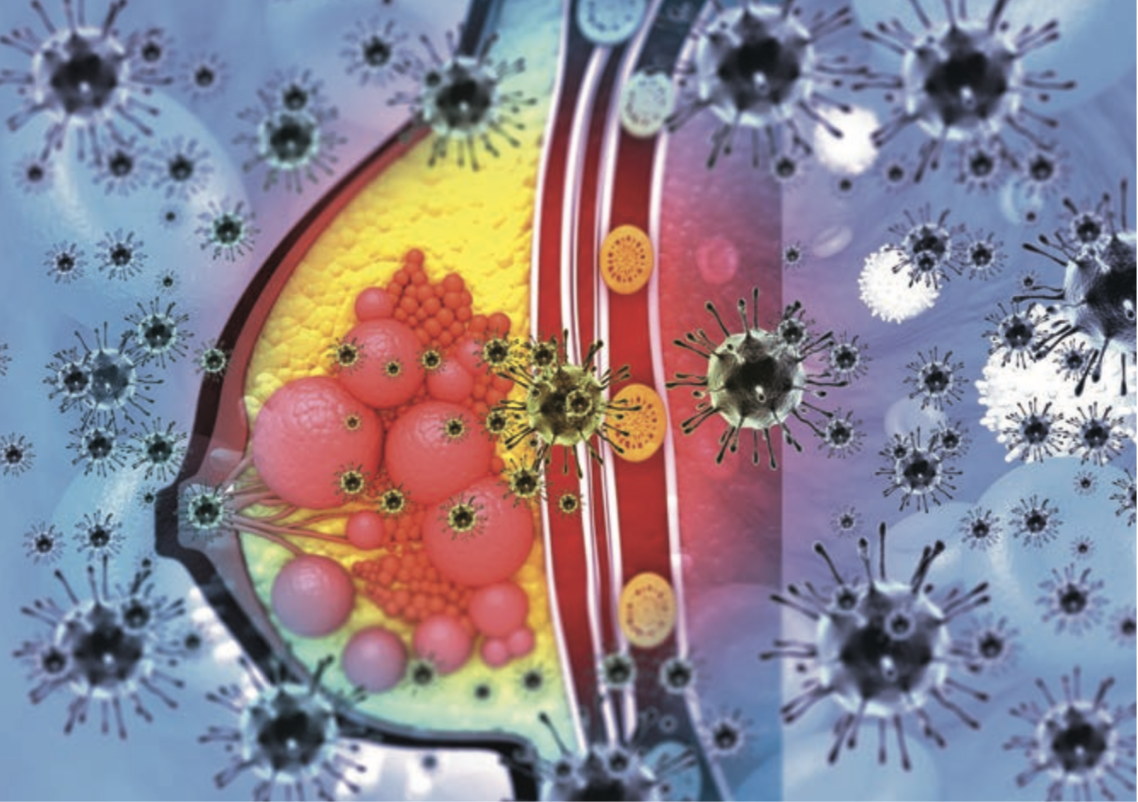
Breast Cancer
Latest News
Latest Videos

CME Content
More News

Several presentations from the 41st Annual Miami Breast Cancer Conference focused on new and evolving data in the space, according to Neil M. Iyengar, MD.



Oncologic outcomes from a real-world analysis appear to be comparable with those observed in the sentinel lymph node biopsy arm of the SOUND trial.

The National Accreditation Program for Breast Centers looked at time intervals to see where delays occurred throughout the process for those with breast cancer.

Young patients with breast cancer were more likely to be the reason for diagnostic delays vs system delays, partly due to less concern for their symptoms.

Data from the NATALEE trial show that ribociclib may benefit a broad population of patients with early breast cancer who have an increased risk of recurrent disease.

Utidelone injection may cross the blood-brain barrier and help treat patients with breast cancer brain metastases.

Data from the phase 3 TROPION-Breast01 trial support the biologics license application for datopotamab deruxtecan in hormone receptor–positive, HER2-negative breast cancer.

Findings from the phase 3 CAPItello-291 trial support the approval of capivasertib/fulvestrant for patients with hormone receptor–positive, HER2-negative breast cancer in Japan.

Pegulicianine-guided breast cancer surgery may allow practices to de-escalate subsequent radiotherapy, says Barbara Smith, MD, PhD.

Investigators will assess the PRE-ACT tool’s ability to predict adverse effects such as skin and heart damage in a phase 3 trial.

A Miami Breast Cancer Conference presentation focused on how the new ASTRO partial breast irradiation guidelines could be incorporated into practice.

Barbara Smith, MD, PhD, spoke about the potential use of pegulicianine-guided breast cancer surgery based on reports from the phase 3 INSITE trial.

Lymphedema is a common adverse effect and may negatively impact a patient’s body image.

Lymphedema is an adverse effect associated with breast cancer treatment, and patients should be monitored for these symptoms.

The phase 3 IMpassion030 trial did not find a survival benefit when atezolizumab was added to chemotherapy after surgery for patients with triple-negative breast cancer.

Targeted imaging and biopsy may accurately identify patients with breast cancer who do not have residual disease, according to Henry Kuerer, MD, PhD, FACS, CMQ.

The use of a robot to aid in nipple-sparing surgery has been a controversial topic, although ongoing trials may show its potential.

Reshma Jagsi, MD, DPhil, highlights disparities in hypofractionation, toxicity, and cardiac doses in radiotherapy for Black and Asian patients with breast cancer.

Findings from the INSITE trial support the Medical Imaging Drugs Advisory Committee’s positive opinion on pegulicianine for breast cancer surgery.

Findings from a phase 2 trial support the premise that activating the androgen receptor may elicit antitumor effects in patients with androgen receptor–positive, estrogen receptor–positive, HER2-negative breast cancer.

Carey K. Anders, MD, concludes with a look toward the future of HER2+ breast cancer treatment and provides advice to community oncologists treating patients with breast cancer.

An overview of the design and rationale for the phase 2 BRIDGET study looking at the addition of tucatinib to HER2-directed antibody therapy in breast cancer.

An expert on metastatic breast cancer provides clinical insights gleaned from the HER2CLIMB-02 trial and discusses the design and rationale of the ongoing HER2CLIMB-05 study.









































